Iraj Harirchi, who has strongly denied any cover-up of a growing outbreak, has self-quarantined.


They don’t waste much time getting right into it. He is 57 but has been told he is physically 47.
Dr. Aubrey de Grey of SENS Research Foundation was interviewed by the extremely popular Joe Rogan, and they discussed the damage repair approach to aging. Dr. de Grey talked about the current state of aging research, including stem cell therapies, and explained the role of SENS in developing next-generation rejuvenation biotechnology therapies. He also brought up the role of funding, a key bottleneck in research and development, and gave his prognosis on how quickly these therapies will be developed.

Wuhan Coronavirus Pandemic — new US case.
“U.S. Health and Human Services Secretary Alex Azar confirmed a new case of the coronavirus in the U.S. “Coming into this hearing, I was informed that we have a 15th confirmed case, the epidemiology of which we are still discerning,” he testified before a House panel. The new case brings the total number of cases in the U.S. to 60. The CDC has separated out 45 confirmed infections in people evacuated from a cruise ship in Japan or from Wuhan, China from its official case count.”
As of Wednesday, more than 81,000 cases of coronavirus have been reported, resulting in at least 2,764 deaths.
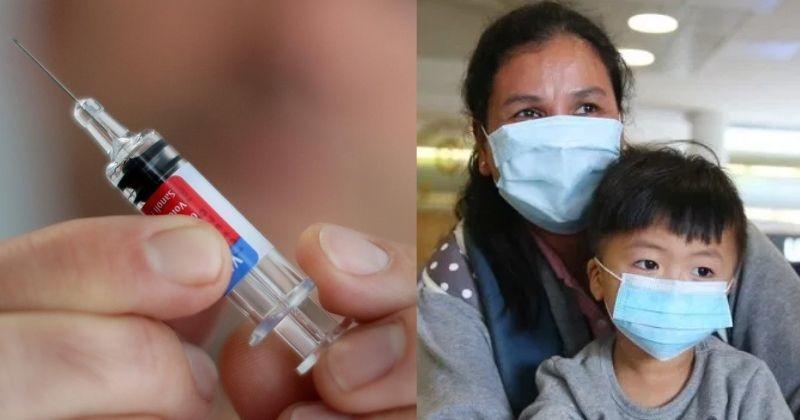
Need for a vaccine to stop this novel coronavirus is needed today more than ever. And it looks like we might not have to wait for long after all.
Scientists since the news of the outbreak have been working on a vaccine to combat and prevent people from the novel coronavirus and now a company called Moderna has announced that it has finally developed a coronavirus vaccine that will soon be ready for human testing.
Don’t Miss

The standard gene-editing tool, CRISPR-Cas9, frequently produces a type of DNA mutation that ordinary genetic analysis misses, claims new research published in the journal Proceedings of the National Academy of Sciences (PNAS). In describing these findings the researchers called such oversights “serious pitfalls” of gene editing (Skryabin et al., 2020). In all, the new results suggest that gene-editing is more error-prone than thought and, further, that identifying and discarding defective and unwanted outcomes is not as easy as generally supposed.
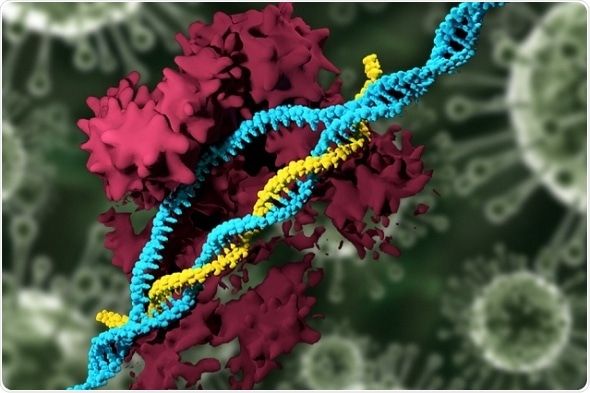

This is a great outline of how the outbreak could end (from best to worst-case scenario): 1. Public health interventions control the 2019 n-CoV 2. The virus burns itself out (I love this analogy of viruses to fires) like the Spanish flu 3. It becomes a common virus like ex-pandemic H1N1 (swine) flu.
The World Health Organization has declared the growing coronavirus outbreak in China to be a global health emergency. It’s a recognition that the outbreak — now with nearly 10,000 cases — may continue to spread beyond China, and that the nations of the world should lend their assistance and be prepared.
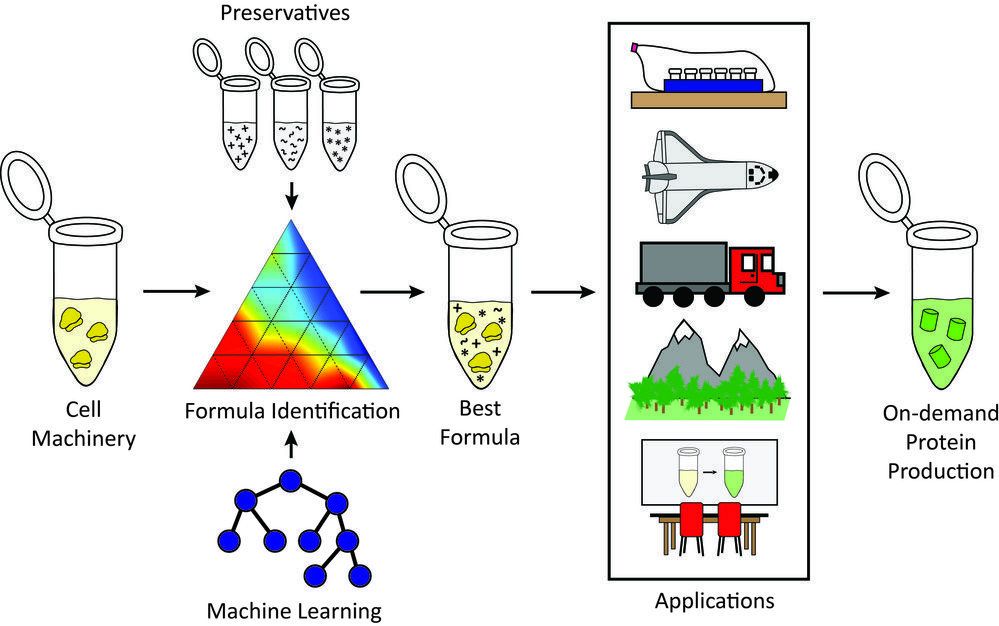
Researchers at California Polytechnic State University have developed a low-cost approach that improves cell-free biotechnology’s utility for bio-manufacturing and portability for field applications.
Cell-free protein synthesis (CFPS) is a biotechnology that harnesses active cellular machinery in a test tube without the presence of living cells, allowing researchers to directly access and manipulate biochemical processes. Scientists and engineers are looking to utilize cell-free biotechnology for numerous applications including on-demand biomanufacturing of biomaterials and therapeutics, point-of-care diagnostics of disease biomarkers and environmental pollutants, and transformative biochemical education platforms.
Cell-free biotechnology researchers have already made many of these applications a reality in the lab, but getting them to work in the field, clinic and classroom is more difficult. The cellular machinery extracted for use in cell-free biotechnology contains biomolecules such as proteins and RNAs, which break down at warmer temperatures, greatly limiting the shelf life of the cellular machinery. Transporting it from one laboratory to another or taking it out of the lab for field applications requires refrigeration to maintain its activity. Being tethered to the “cold chain” is a fundamental limit to meeting cell-free biotechnology’s potential.
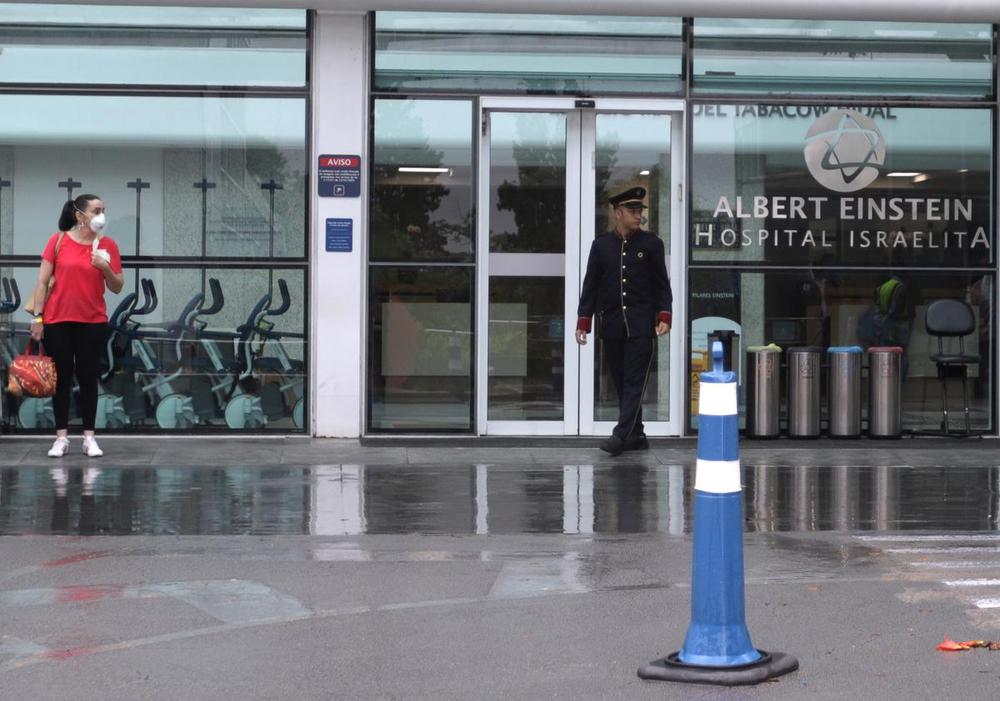

I wonder how many passengers caught the Wuhan Coronavirus on this flight to LA, but don’t know it because they are asymptomatic.
LOS ANGELES (KABC) — A Korean Air flight attendant was diagnosed with coronavirus shortly after working on a flight to Los Angeles, South Korean media is reporting.
The flight attendant worked on a flight from Incheon to Los Angeles and may have spent time in Los Angeles before boarding a return flight. The same person also had recently worked on an Incheon-Tel Aviv route.
Los Angeles County health officials said they are aware of the media reports and are awaiting confirmation from the U.S. Centers for Disease Control.
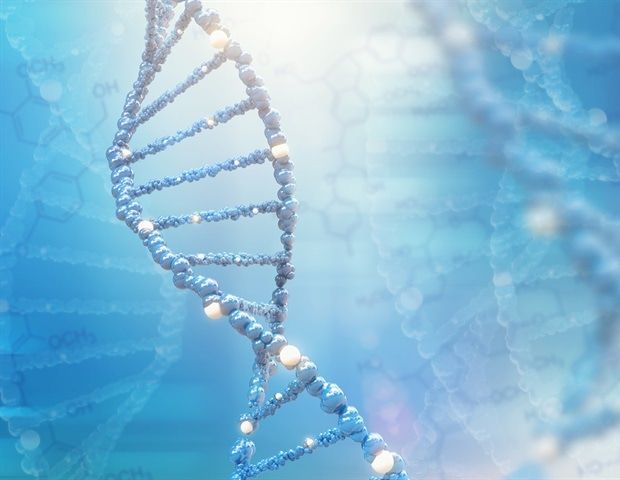
Reduced stress is linked to changes in the profile of plasma metabolites, a new study from the University of Eastern Finland shows. According to the researchers, the findings can shed light on the associations of psychological well-being with metabolism and the risk of disease. The study was published in Scientific Reports.
Psychological stress is known to be associated with obesity, low-grade inflammation and metabolic disorders, but the underlying mechanisms remain poorly understood. In the newly published study, the researchers used metabolite profiling to study whether improved psychological well-being is associated with measurable changes in metabolism. The study is a sub-study of Elixir, a large multi-center lifestyle intervention study conducted by the Universities of Helsinki, Eastern Finland and Jyväskylä, and the Finnish Institute of Occupational Health.
The study participants were obese individuals with perceived psychological stress symptoms at the onset of the study. They were divided into two groups: one group to undergo a psychological lifestyle intervention (60 individuals) and a control group (64 individuals). Both groups managed to lose weight, but reduced stress and improved psychological well-being were reported by the intervention group in particular. Using metabolomics techniques, the researchers performed an extensive analysis of fasting metabolites in all study participants at beginning of the study and again nine months later, after the intervention had ended. Stress and psychological well-being were assessed by surveys and heart rate variability measurements.